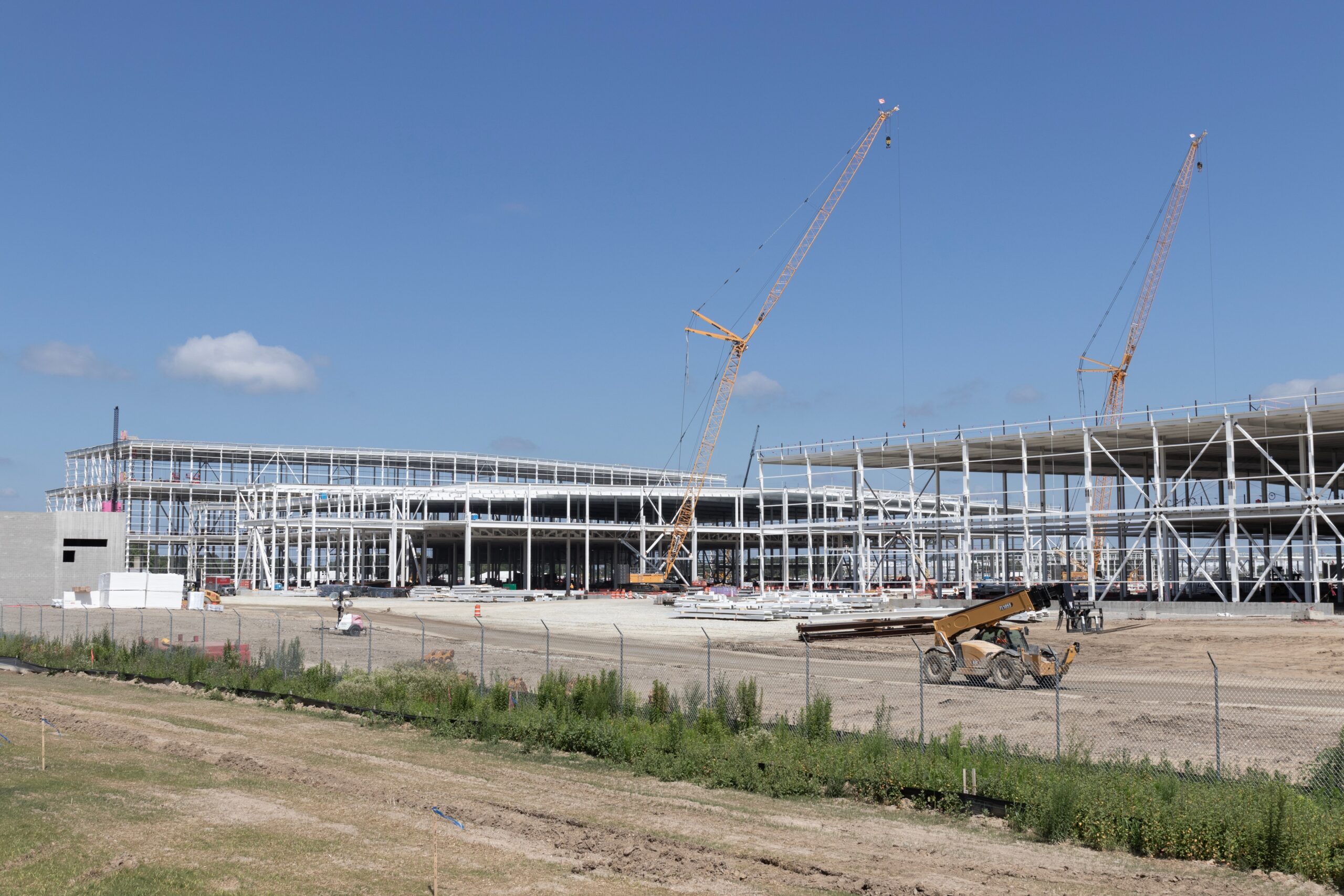Ford Pauses EV Project Amid CCP Concerns, Union Strikes

Ford Motor Company, a titan in the U.S. automotive industry, unexpectedly announced a halt this week in the construction of a $3.5 billion electric vehicle (EV) battery plant in Michigan. This decision comes amid a whirlwind of scrutiny from Republicans and national security experts, focusing on Ford’s partnership with China’s Contemporary Amperex Technology (CATL), a company with speculated ties to the Chinese Communist Party (CCP).
The highly contentious project raised eyebrows as it promised to be the first to manufacture next-gen lithium, iron and phosphate batteries on U.S. soil, using technology licensed from CATL. This project, heralded by Ford as a “commitment to American manufacturing,” projected the creation of 2,500 new American jobs and sought to bring an influx of innovation and economic growth to the area.
However, many have cast shadows over Ford’s motivations and the possible ramifications of such a venture. GOP leaders express concern that this partnership could facilitate China’s expansion of control over U.S. electric vehicle supply chains and, consequently, pose significant risks to national security.
Republican leaders, including Rep. Mike Gallagher (R-WI), have been unwavering in their scrutiny, stating that Ford needs to “call off this deal for good,” emphasizing the risks of aiding China’s efforts. “Should China gain control of domestic electric vehicle production, the United States would be exposed to serious national security risks,” Gallegher cautioned.
In response, Ford’s spokesperson T.R. Reid assured, “We are pausing work and limiting spending on construction on the Marshall project until we’re confident about our ability to competitively operate the plant.” Ford remains ambiguous about the specific considerations behind the pause, sparking questions about the depth of the implications this deal might have.
Beyond political implications, the automotive giant also faces tumult from the United Auto Workers (UAW). UAW President Shawn Fain blasted Ford’s decision, terming it as a “shameful, barely-veiled threat by Ford to cut jobs.” Currently facing ongoing strikes, the UAW emphasizes a fair transition to electric vehicles and condemns Ford’s approach as a threat to job security, underscoring ongoing tensions between automotive corporations and their workforce.
This high-stakes scenario underscores the sensitive nature of international collaborations, especially those involving technology transfers and knowledge-sharing with countries with different economic and political ideologies. The argument is further complicated by internal strains, economic considerations, and contractual negotiations surrounding such ambitious projects.
This situation becomes more critical considering CATL’s integral role in China’s strategic growth in the electric vehicle industry, a sector closely linked with green energy development and innovations in sustainable technologies. The Chinese government’s extensive involvement in bolstering companies like CATL has raised important questions about the interplay between economics, technology, and geopolitics.
Posted on the X platform, formerly known as Twitter, former U.S. Ambassadors Peter Hoekstra and Joseph Cella expressed that “the construction of this reckless deal has been halted.” This sentiment reflects a growing conservative viewpoint favoring domestic production and security over international collaboration with adversarial nations like communist China.
























